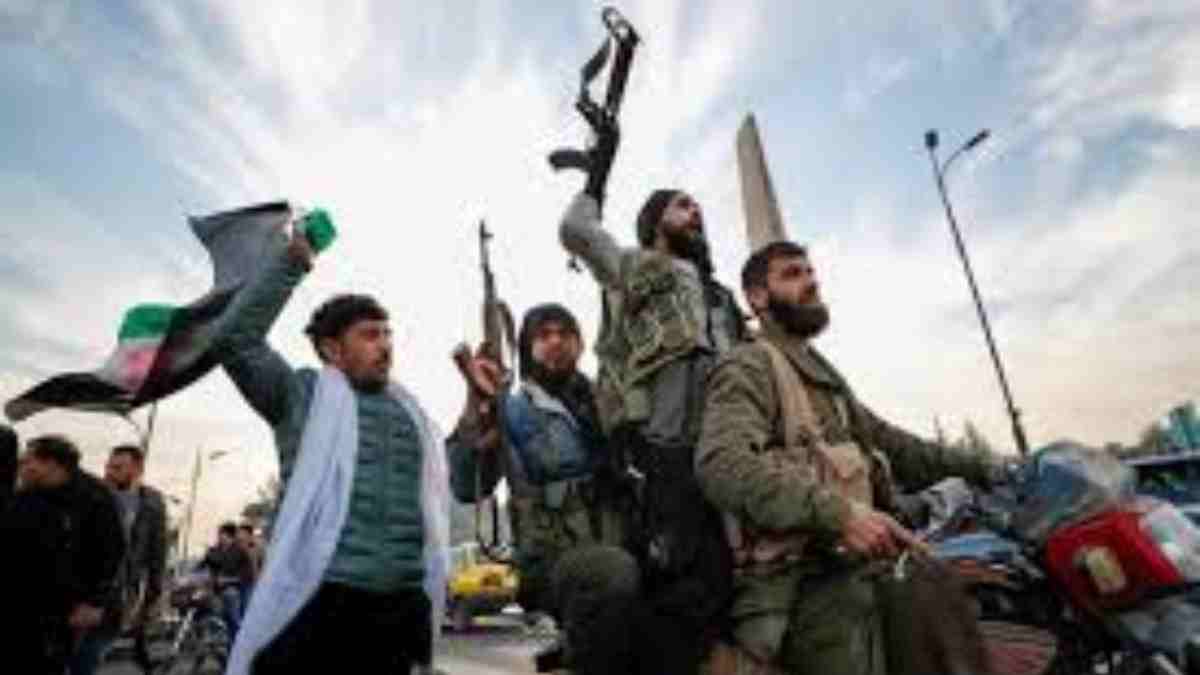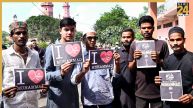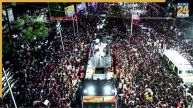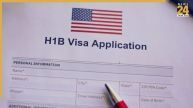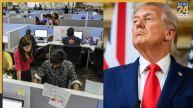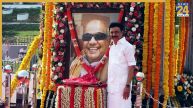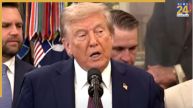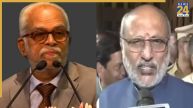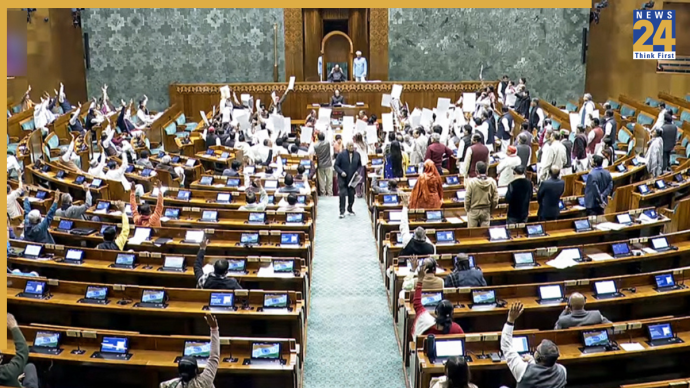The world has witnessed many upheavals during the Year 2024. Many important events occurred, changing the world and bringing diplomacy to new and unexpected circumstances. During the Year 2024, certain governments fell making way for new
dispensations, public protests led to the fall of established governments, and unelected people captured the seat of the government. The wars being waged continued, killing more people and bringing more devastation and suffering to the people already hit hard. With time, the world did not become a better place for many people.
Bangladesh
The South Asian nation of Bangladesh went to polls on January 7 to elect 300 members of its Parliament, Jatiya Sansad. The incumbent Awami League won the General Elections for the consecutive fourth term winning 224 seats. Sheikh Hasina became Prime Minister for the fifth time.
However, the election was marred by sporadic violence and accusations of wide-ranging rigging and breach of the model code of conduct. The opposition parties, including the Bangladesh Nationalist Party, boycotted the polls holding the government responsible for stifling the voices of dissent and creating an uneven field.
In July, a student movement gripped the country demanding the scrapping of the reservation for warriors of the Bangaldesh Liberation War of 1971.
Also Read: Frosty India-Bangladesh Relations Persist After Persecution Of Hindus, Sheikh Hasina Derail High-Level Talks
Political analysts believe, the fundamentalist Islamist forces, particularly Jamaat-e-Islami soon hijacked the student movement. Hundreds of thousands of protesters from all walks of life took to the streets.
They stormed the Prime Minister’s official residence and the Parliament on August 5, and looted whatever they could take away. Prime Minister Sheikh Hasina fled the country and took refuge in India.
Pakistan
After former Prime Minister Imran Khan was jailed and his party Pakistan Tahreek-e- Insaf was banned, elections for the National Assembly were held in India’ neighbouring country on February 8.
As the party was banned from contesting the polls, many of the PTI leaders fought the elections as independent candidates. As many as 100 of them emerged victorious, forming the biggest political group in the Pakistan Parliament. However, they did not fulfill the condition of being a pre-poll election bloc and were not considered a political party.
The Pakistan Muslim League (Nawaz) became the biggest political party in the National Assembly with 75 seats. They formed a coalition government with the Pakistan People’s Party won 54 seats and other smaller parties. Shabaz Sharif became the Prime Minister.
India
India went to hustings in April-June to elect 543 members of its lower house, Lok Sabha. The BJP-led coalition of NDA won 293 seats, while the Congress-led opposition bloc INDIA was limited to 243 seats.
While the saffron party won 240 seats and failed to get a simple majority on its own, the Congress increased its tally to 99. Narendra Modi became the Prime Minister for the consecutive third time.
United Kingdom
The 14-year-old rule of the Conservative Party in the United Kingdom came to an end on July 4, when the General Elections were held in the country.
The Rishi Sunak-led party registered its worst-ever electoral performance winning 121 seats while the opposition Labour Party emerged victorious with 411 seats in the 650-member House of Commons or the Lower House of the British Parliament. Keir Starmer became the Prime Minister of the country, replacing Indian-origin politician Rishi Sunak.
France
President Emmanuel Macron dissolved the French Assembly after his coalition Ensemble lost miserably in the European Parliament elections.
The snap polls held on June 30 and July 7 resulted in a hung assembly. Prime Minister Michel Barnier-led coalition government collapsed early in December after it lost the confidence vote over the budget, in which he proposed austerity measures.
Sri Lanka
Marxist Janatha Vimukthi Peramuna (JVP) leader Anura Kumara Dissanayake shocked the world when he won the Presidential Elections in Sri Lanka in September.
The JVP-led coalition of the National People’s Power (NPP) candidate Dissanayake defeated incumbent President Ranil Wickremesinghe and Namal Rajapaksa, son of former President Mahinda Rajapaksa.
United States
Former Republican President Donald Trump shocked the world when he won the US Presidential Election held on November 5, defeating Democrat Kamala Harris of Indian origin.
Also Read: What Is Samosa Caucus? How Indian Americans Are Increasing Their Significance In US Politics?
While Trump won 312 electoral votes, Harris was restricted to 226 out of 538 electoral votes at stake. The former president also won 77,297,721 or 49.9% of the popular votes while his Democrat rival could get only 75,009,338 or 48.4% of the popular votes.
In the elections for the House of Representatives, the Republicans got 220 seats while the Democrats were restricted to 215 out of 435 seats.
Syria
The autocratic rule of the Al Assad family in Syria came to an end when the 13-year-old civil culminated with the overthrow of the Bashar Al Assad in December.
The rebels of Hayat Tahrir al-Sham stormed Damascus under the leadership of Abu Mohammad al Jawlini, forcing the incumbent president to flee to Moscow.
Jawlini assured the minorities of protecting their lives, properties and right to religious freedom. After capturing power in Damascus recently, he called it the victory of all Syrians.
However, political analysts believe, Syria’s immediate political future depends not only on the intentions and capabilities of the HTS but also on other groups with pockets of influence in different parts of the country and the major outside powers that have been most closely involved in the country.

